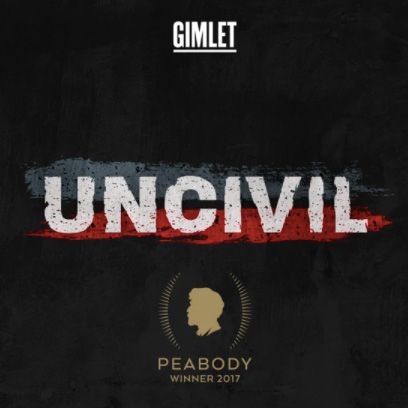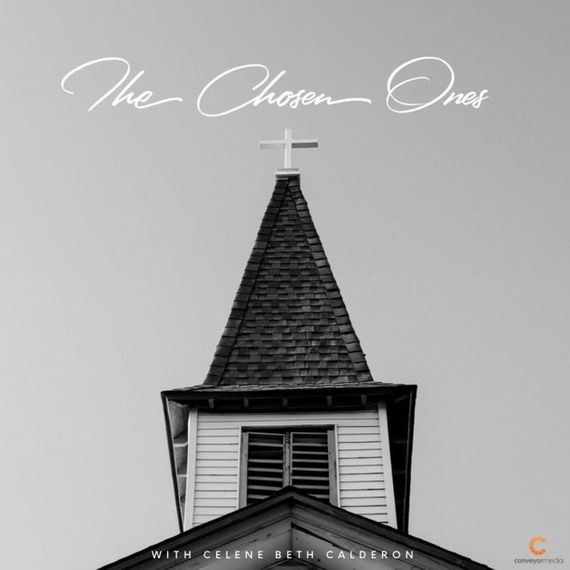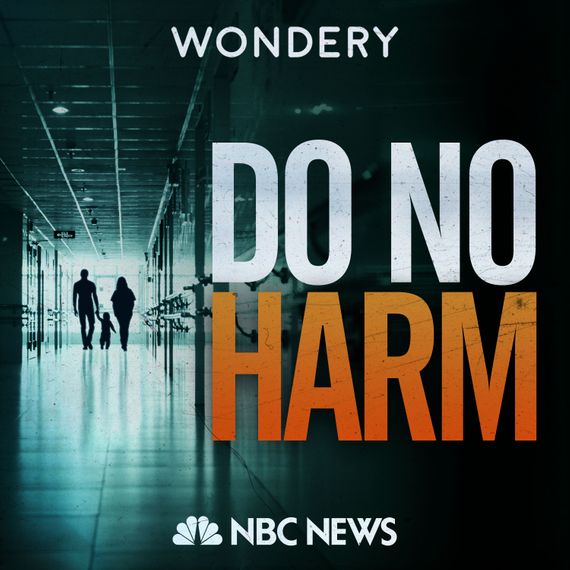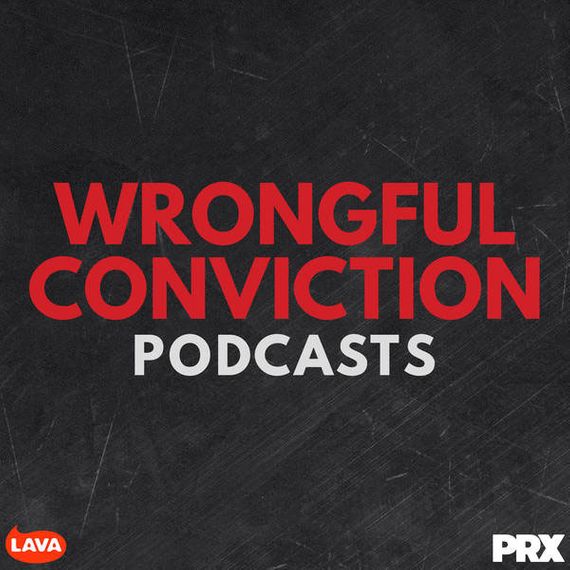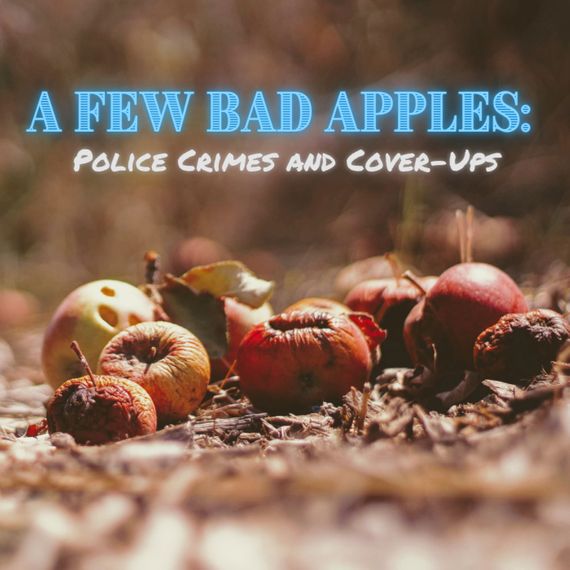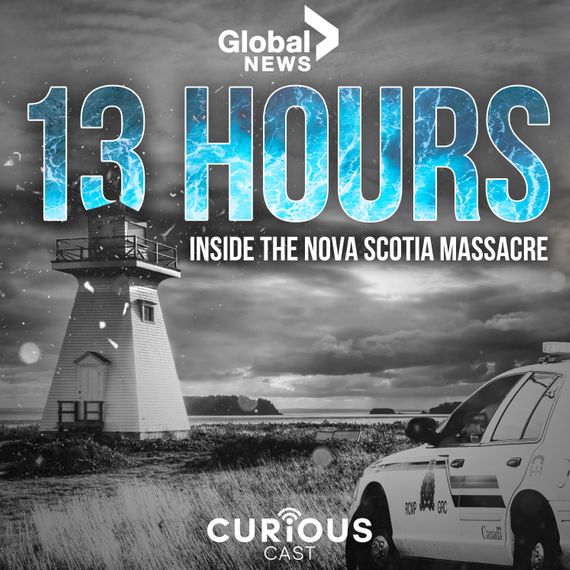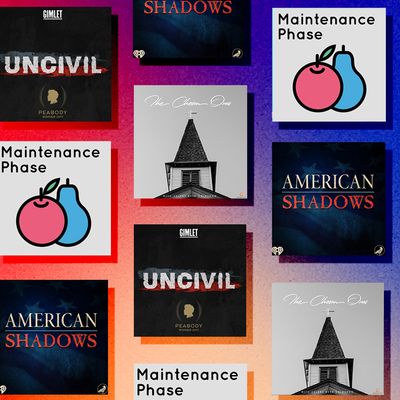
The true-crime podcast universe is ever expanding. We’re here to make it a bit smaller and a bit more manageable. There are a lot of great shows, and each has a lot of great episodes, so we want to highlight the noteworthy and the exceptional. Each week, our crack team of podcast enthusiasts and specialists will pick their favorites.
Maintenance Phase, “The Twinkie Defense”
What is a health and wellness podcast doing among this week’s true crime recommendations? Three words: the Twinkie defense. Maybe you’ve heard the term in passing on a Law and Order rerun, but do you really know what it is? (I didn’t.) Hosts Audrey Gordon (a.k.a. Your Fat Friend) and Michael Hobbes (co-host of You’re Wrong About) unwrap the very real backstory of this not-so-sweet label that’s come to describe any sort of dubious defense tactic. It begins with the infamous murder of Harvey Milk by his former Board of Supervisors colleague Dan White. In court, White’s lawyers argued diminished capacity due to depression, evidenced by White’s uncharacteristic junk-food eating. (He was ultimately convicted of manslaughter.) Satirist Paul Krassner then picked up the thread, dubbing the lawyer’s reasoning as “the Twinkie defense.” (Yes, he kind of missed the point …) And from there, it became a part of the zeitgeist and would even find its way into an argument by Justice Antonin Scalia. It all sort of reads like your dad mistaking an Onion headline for the real thing, and Gordon does a great job sifting through the nonsense and projecting the Twinkie defense’s implications into present times. Unfortunately, it has a long shelf life. —Amy Wilkinson
Uncivil, “The Fugitive”
Hosted by Chenjerai Kumanyika, Uncivil is a history podcast focusing on the untold stories of the Civil War. This week, however, the show gets a true-crime twist with the tale of Ona Judge, a 20-something slave who became a fugitive when she escaped her master, President George Washington. Joined by biographer Erica Dunbar, Kumanyika explores what the experience of fleeing and trying to build a new life was like for Judge. Moreover, they expose how Washington abused the spirit of the laws of Philadelphia to keep his slaves in bondage, and then abused his power as the president to hunt Judge down. A fascinating and infuriating journey, “The Fugitive” leaves audiences with truths exposed, hypocrisies called out, and an amazing story of bravery and rebellion. —Kristy Puchko
The Chosen Ones, “Sarah Turney”
The Chosen Ones is a podcast about the ongoing mess that is Lori Vallow, Chad Daybell, and many deaths that surround them, particularly those of Vallow’s two children, Tylee, 17, and J.J., 11. They’ve wrapped season one, but while season two is in the works, host Celene Beth Calderon and her team are putting out bonus episodes, like this one, with Sarah Turney, whose sister Alissa disappeared from Phoenix, Arizona in 2001. Sarah began creating content (including a podcast and TikToks) about Alissa’s disappearance when she herself a preteen, but really went all-out in 2017 after police told her that getting the attention of the media was her best bet for moving the needle on the case. Michael Turney, Sarah’s father and Alissa’s stepfather, was arrested in August on second degree murder charges. In 18-ish minutes, Calderon and Turney cover a lot of ground, including what it’s like to be the child of a parent who’s committed a crime against your family, what the discovery of Tylee and J.J.’s bodies meant to folks in Arizona, where they once lived, and how we can be productive and not sensationalist when it comes to true crime. —Chanel Dubofsky
American Shadows, “Prophets Over People”
Imagine if you will, a bombastic figure, who has developed a reckless cult. This leader is deeply flawed, yet hailed as flawless by his followers. Their blind devotion cannot see the ways in which he works not for God or man, but for only for his own gain. A selection of such stories make up this episode of American Shadows, a history podcast about the dark corners of America’s troubling past and forgotten tales. In “Prophets Over People,” host Lauren Vogelbaumo shines a light on dangerous cult leaders of the 1800s, like preacher William Miller and prophetess Mrs. Rhoda Wakeman, who misled their followings to financial ruin, madness, and murder. Be warned: You might find this week’s history lesson feels disturbingly timely. —Kristy Puchko
Friday, November 13
Murderish, “The Abduction of Frank Sinatra Jr.”
In December of 1963, Frank Sinatra was a major movie star and celebrated singer with powerful friends in Hollywood and the mob. So when his 19-year-old son was snatched from a nightclub gig, Ol’ Blue Eyes had the world’s attention as he leveraged his fortune and fame to get his son back safe. However, even after returning home to his mother, the damage to Frank Sinatra Jr. was not done. In each episode, Murderish host Jami Rice coolly plunges into a curious case from the crime through trial and aftermath. Here, she unfurls not only the strange facts of this celebrity abduction (like the kidnappers negotiating a lower ransom), but also the twisted trial tactics from an eccentric defense attorney, who tossed Jr. before the merciless court of public opinion. You might think you know the truth of this celebrity scandal. Let Murderish set you straight. —Kristy Puchko
Do No Harm, “Warning”
In July of 2018, 5-month-old Mason Bright fell off a lawn chair in his backyard in Tomball, Texas. The baby sustained a head injury from the accident, and while he was being examined at Texas Children’s Hospital, an MRI revealed that he actually had another head injury, which led the child-abuse-prevention team to wonder if Mason’s parents, Melissa and Dillon Bright, were harming him, and possibly his sister, Charlotte. As a result, the Brights were no longer allowed to be alone with either child. In the second episode of Do No Harm, NBC News national investigative reporter Mike Hixenbaugh examines what happens next in the Brights’ case, including the insistence of Child Protective Services to keep Melissa and Dillon apart from their kids, in spite of the intricacies of Mason’s medical condition requiring him to be with his parents. Did any of this make sense, or was CPS still reeling after a murder they could have prevented? What happens when an organization that’s supposed to protect children gets it wrong again? —Chanel Dubofsky
Wrongful Conviction: Junk Science, “Eyewitness Testimony”
Long before forensic tools like ballistics, blood splatter, and DNA analysis came to be, eyewitness testimony was the gold standard of case evidence. And, despite its many shortcomings, it still holds mighty sway in a court of law even today. But just how critical of eyewitness testimony should we be? That’s the question posed to psychologist Elizabeth Loftus, a University of California, Irvine professor, in the latest episode of Wrongful Conviction: Junk Science, hosted by attorney Josh Dubin. And her answer may leave you second-guessing everything you think you’ve ever seen. “I like to think of memory not like a recording device but more like a Wikipedia page,” she says. “You can go in there and edit it — but so can other people.” (Major yikes, right?) And when these “other people” happen to be investigators who already have a suspect in mind for a crime, it’s not hard to see how a number of wrongful convictions stem from faulty eyewitness testimony. Loftus offers several solutions for how the criminal-justice system can remedy these flaws, while still acknowledging that humans can never be infallible. Hopefully, though, we can all be a bit more savvy about how our beautiful, messed-up minds work. —Amy Wilkinson
A Few Bad Apples, “BAD APPLE: Joe ‘GI Joe’ Gliniewicz”
Shining a light on cases of police brutality and corruption, host Katherine Sheffield picks through news reports to expose the bad apples in the force. To his community of the Fox Lake, Illinois, Joe Gliniewicz was a hero. An army vet with the nickname “GI Joe,” he not only served as a lieutenant in the local police, but also ran a youth program intended to educate children on how to become a good cop. However, behind the scenes, Gliniewicz was embezzling from the program, harassing co-workers, and gearing up to do much worse before coming to a very bad end. Still, A Few Bad Apples isn’t all about bad news. Sheffield ends each episode with a charming anecdote about the good apples, who go above and beyond to protect and serve. This balance allows audiences to consider the complexity of the police department, without walking away with a bad taste in their mouths. —Kristy Puchko
13 Hours: Inside the Nova Scotia Massacre
Gabriel Wortman’s brutal gun rampage in Halifax, Nova Scotia, this past April shook Canada. The 51-year-old denturist went on a 13-hour spree that began in the tiny seaside town of Portapique and ended in Enfield, where he was shot by a Royal Canadian Mounted Police officer at a truck stop. By the end, he killed 22 people, injured three, and set fires in 16 different places. In this 13-episode series, Global News Halifax reporter Sarah Ritchie and producer Alex Kress examine what happened in those 13 hours and what, if anything, the RCMP could have done differently. We know that the spree began with the domestic abuse of his live-in partner, but it’s not clear why he chose the victims he did, or even how it unfurled, since the people involved (other than the partner, whom Richie and Kress refer to with a pseudonym) are no longer available to explain. Richie is what Nova Scotians refer to as a “Come From Away”-er, which is someone who wasn’t born in Nova Scotia but has made a home there. She provides wonderful detail about Nova Scotia, specifically Halifax and Portapique, and what makes it so special — which, in turn, shows just how shocking Wortman’s crimes were and are. —Jenni Miller



